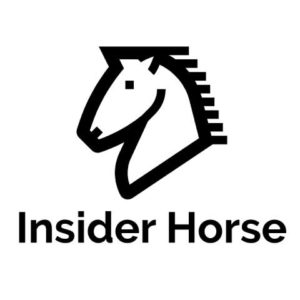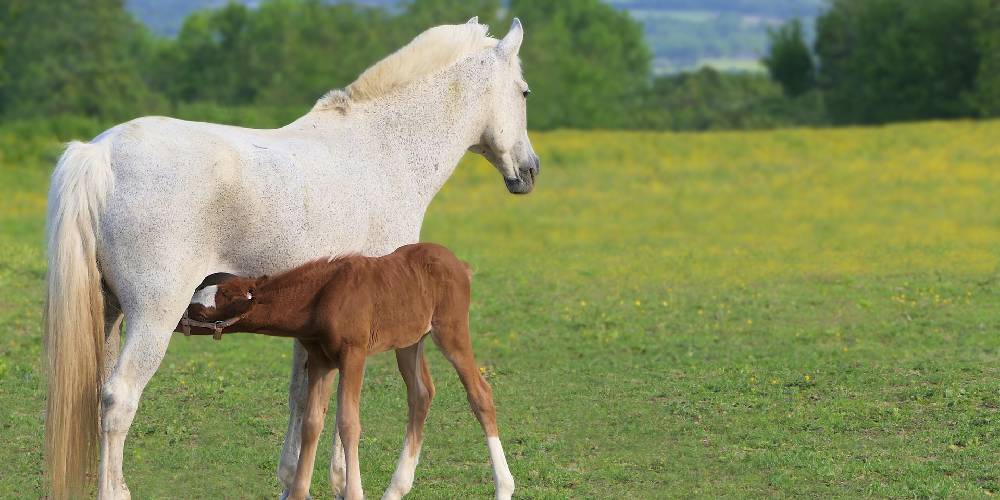Are you thinking about breeding your mare? Maybe you want to start the makings of your own bloodline! Whatever the reason may be, it definitely is a very big and exciting decision to make! Making sure you know all the ins and outs of breeding your horse is crucial so you are as prepared as possible for the entire process!
In this article, I will be discussing:
- You Must Schedule a Breeding Soundness Examination
- Make Sure Your Horse is Up-to-Date on all Vaccinations & Dewormer
- Determine if you prefer artificial insemination or a live cover breeding
- Tips on Choosing a Stallion
You Must Schedule a Breeding Soundness Examination (BSE)
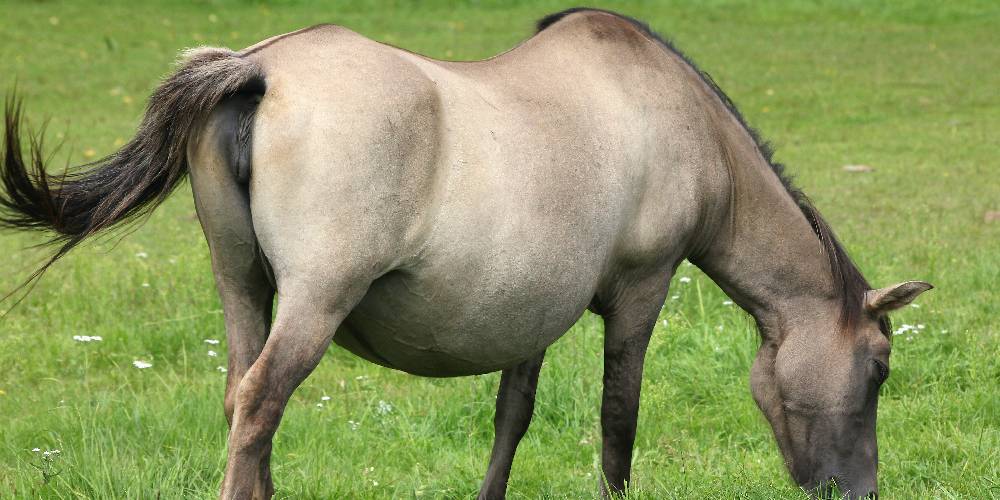
Before you can even think about choosing a stallion, you must first see if your mare is even a breeding candidate. Sometimes, mares can have fertility issues just like people which can make it unsafe for her to not just conceive a foal, but safely carry that foal to term and have a successful delivery.
Scheduling a BSE is so important! It will not only save you time seeing you’ll know whether or not your mare can even be bred, but it will also give you the perfect opportunity to learn from your vet what to look for in a breeding mare.
Things that your vet may look for/do in a BSE:
- A full physical examination
- External examination of her reproductive tract
- Internal examination of her reproductive tract
- External examination of her mammary gland, teats, and udder
- Nutritional status (your vet may want to determine any nutrient deficiencies, if your horse needs additional supplementation, your horse’s body score, etc.)
- Hoof examination (your vet might want to look for structural abnormalities & overall hoof condition)
- Blood work
- Assessment of the mare’s estrous cycle to get an estimate of likelihood of conception
The information you can gather on your mare in a BSE is so valuable! Not only will you learn all about her general health, but you may also learn some things about her reproductive health that you may have not know prior to the exam!
Make Sure Your Horse is Up-to-Date on all Vaccinations & Dewormer
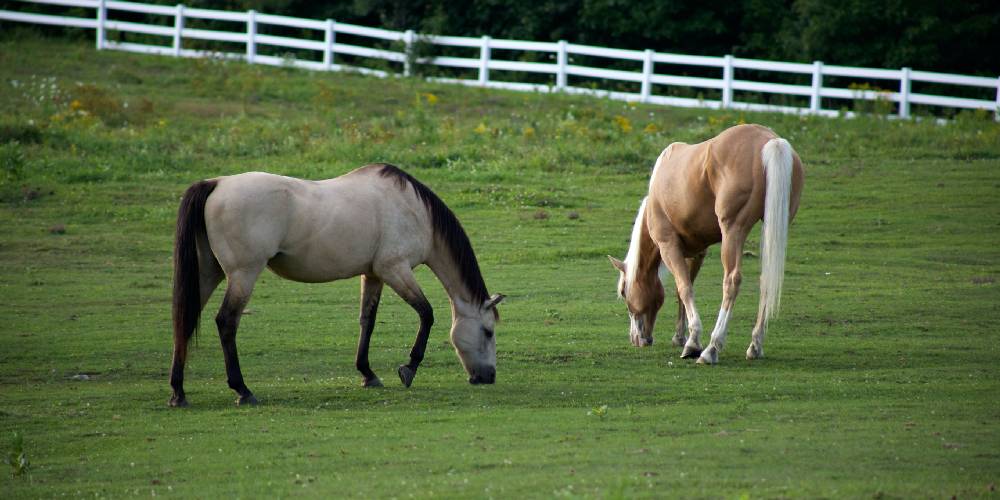
Keeping your horse up to date on vaccinations and dewormer is so important even in day-to-day life. When you are bringing pregnancy and foaling into the mix, the importance of keeping her up-to-date is increased drastically!
Like in people, the immune system can take a hit when the horse is pregnant. Keeping your mare up-to-date on her vaccinations will help her have the best chance of staying healthy and happy throughout her whole pregnancy.
Building up her antibodies will also be super beneficial for after she gives birth too! Foals are born with pretty much no form of immunity/immune system and will get the mare’s antibodies through her colostrum in the first few feedings. Ensuring your mare has the necessary antibodies is crucial for both her’s and her baby’s health!
Baby horses often will eat their mother’s manure after they are born. It is believed it is to help them to kick-start the good bacterias in their GI tract. Imagine if your mare wasn’t up to date on dewormer and her baby got a mouthful of manure!!! That poor foal’s system would be riddled with worms!
Keep your mare up to date on her vaccines & dewormer for both her safety and her foal’s! Even if you are just starting to entertain the idea of breeding your mare, keeping her up to date will not only keep her healthy, but it will also help her future baby too!
Determine if you Prefer Artificial Insemination, a Surrogate Pregnancy, or a Live Cover Breeding
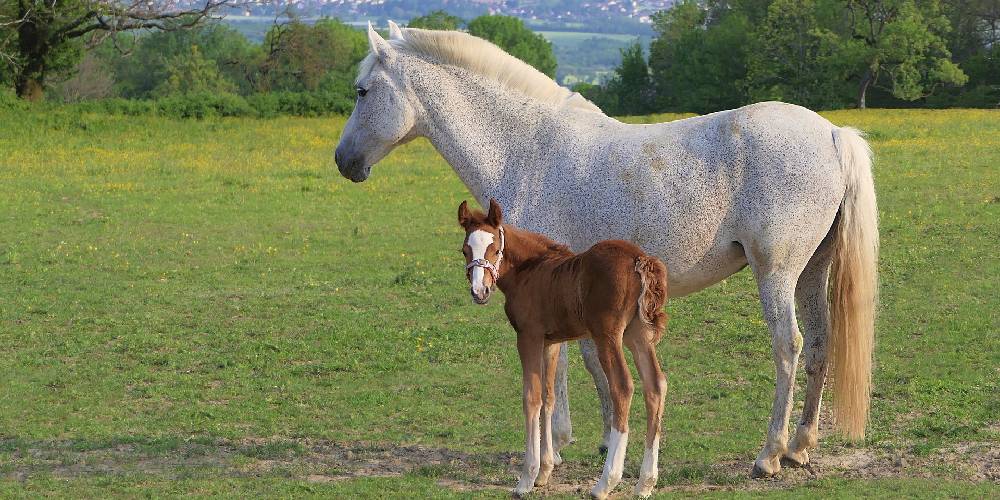
There are 3 main ways to impregnate your mare; artificial insemination, surrogate pregnancy/embryo transfer, and a live cover breeding. Obviously you need semen from a stallion for your mare to conceive, but you must decide on which breeding method fits best for you and your mare.
Preparing for Artificial Insemination:
Artificial Insemination is growing rapidly in popularity as the main way to impregnate your mare. It is often less stressful, safer, more successful, and you have a much larger variety of stallions to choose from! In order to artificially inseminate your horse, you must learn her cycle. If you time your mare’s insemination incorrectly, your mare won’t conceive. Following these steps before you schedule your insemination date will give your mare the best chance at conception:
- Prioritize your mare’s nutrition! (The healthier the mare, the higher the chance of conception)
- Determine at what stage of her heat cycle that she is currently in (ultrasound & palpation are the 2 most accurate ways to determine what stage she is in)
- Keeping your mare under lights for at least 16 hours a day will help to kickstart her ovulation
Once you have taken these steps to ensure your mare is healthy and you have better knowledge of her cycle, it is much easier to time the date of her actual insemination.
Preparing for a Surrogate Pregnancy (Embryo Transfer):
Sometimes mare owners don’t want to hinder their mare’s performance, health, or training with the 11 months of pregnancy and 6 months of nursing. If this is the case, finding a breeding program that offers surrogate mares for an embryo transfer is in your best interest.
An embryo transfer into a surrogate mare can definitely be a tedious process. These are the basic steps of an embryo transfer/surrogate pregnancy:
- First, the donor mare must be inseminated & have a confirmed pregnancy
- Next, the embryo must be flushed out of the donor mare’s uterus and collected
- Then, the embryo must then be implanted into the uterus of a recipient/surrogate mare who has a matching cycle to that of the donor mare
- Lastly, the recipient/surrogate mare will carry that foal to term and raise that foal as her own
The genetics of the foal born as a result of the Embryo Transfer process make up that of the donor mare and the stallion. The Recipient mare would then act as the ‘surrogate mare’ and carry, deliver, and nurse this foal.
In regards to the desired size of your foal, choosing a surrogate/recipient mare of a desirable size is crucial. Surrogate/recipient mares who are smaller will carry and foal smaller babies which MAY impact the foal’s adult size regardless of the foal’s genetic makeup. If the size of your foal is something that concerns you, finding a surrogate/recipient mare that is an appropriate size may be something worth looking into.
Preparing for a Live Cover Breeding:
The other way to breed your horse is the traditional live cover breeding method. This means that you will have to bring your mare to a stallion, and in hopes that she accepts him, allow the stallion to mount her and do the insemination process himself.
Chances are, if your mare isn’t interested in the stallion and rejects him it is likely that she is not in the correct stage of her cycle. Determining where your mare is in her cycle is crucial not only for the success of the breeding, but also for the safety of the mare, stallion, and handlers.
Following these steps will help you to better gauge when you should schedule your live cover breeding appointment:
- Prioritize your mare’s nutrition! (The healthier the mare, the higher the chance of conception)
- Determine at what stage of her heat cycle that she is currently in (ultrasound & palpation are the 2 most accurate ways to determine what stage she is in)
- Keeping your mare under lights for at least 16 hours a day will help to kickstart her ovulation
Based on this information, you must determine whether or not doing a live cover breeding or artificial insemination is better for your and your horse and proceed to the next step keeping that decision in mind.
Tips on Choosing a Stallion
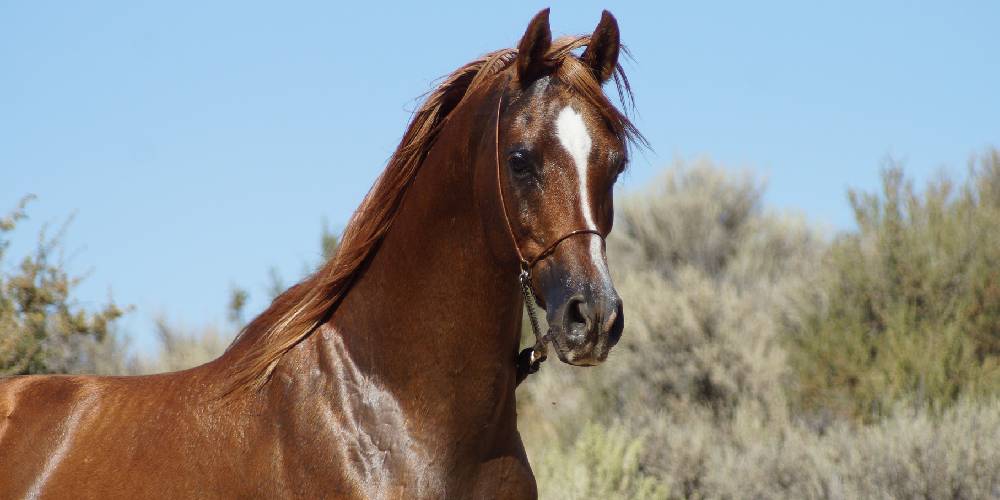
Choosing a stallion is one of the most exciting parts of the whole breeding process! When you are looking into which stallion you’d like to breed your mare to, some things to keep in mind regarding the stallion you choose are:
- Are you wanting to breed your mare to a specific breed of horse?
- Are you concerned about the height of your future foal?
- What sort of temperament are you hoping your future foal will have?
- Does the stallion you’re looking at offer the type of breeding you have chosen? (Artificial insemination/live cover)
- What discipline are you hoping to do with your future foal?
- Are you hoping to register your future foal with a breed registry?
- Are there physical faults in your mare or the stallion that you are hoping to avoid in this breeding?
- Are coat colors/patterns/markings a deciding factor in this breeding?
- Does the stallion you are looking at have good conformation?
- Is horse show history relevant in this breeding?
- Does this stallion have other offspring? Do those babies carry characteristics you want in your foal?
- How old is this stallion? (the older the stallion, the lower the fertility)
- Does the breeder offer a live-foal guarantee in the event your mare doesn’t conceive with the first round of semen?
- Is visiting the stallion in person an option?
- Is there a breeding slot available to you in this breeding season?
- Is the stallion sound? If not, what caused his lameness?
- Trainability! How did the stallion perform in training? How were his other foals in training?
- Does this stallion complement your mare?
An important question to ask yourself is this: if this horse were brown would I still breed my mare to him? Often times people will breed their mares to stallions because of their size, flashy colors, markings, and coat patterns without acknowledging the stallion’s temperament, disposition, conformation, pedigree, etc. Making sure you aren’t breeding for one specific feature the stallion has is crucial for you to produce a healthy foal. Look at the stallion as a whole and make an educated decision based on the looks of the ENTIRE horse, not just on one trait.
I hope that with this information you will now be better prepared going into the whole breeding process! Doing as much research as possible is crucial so you are educated about all aspects of breeding before you dive headfirst into an unknown world!
Thank you so much for reading! I hope you found this information helpful and that you learned something today!
